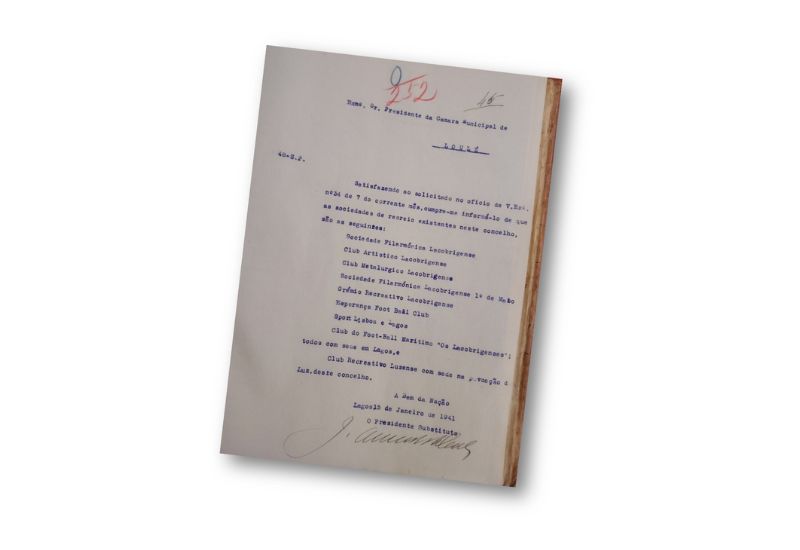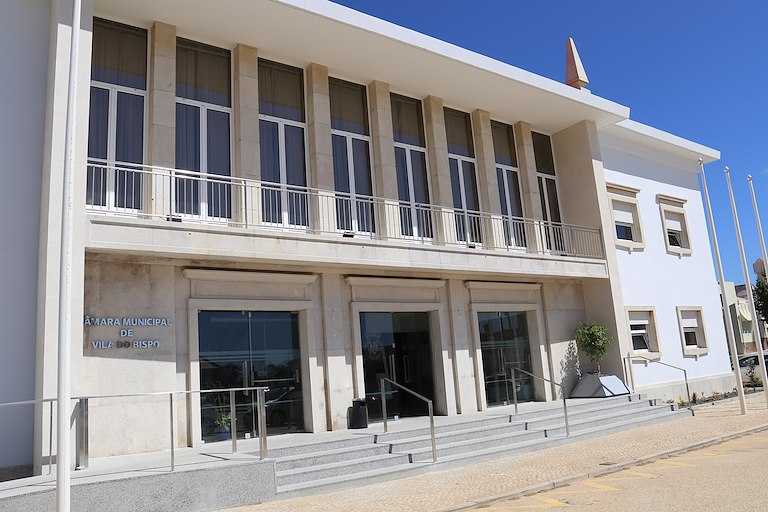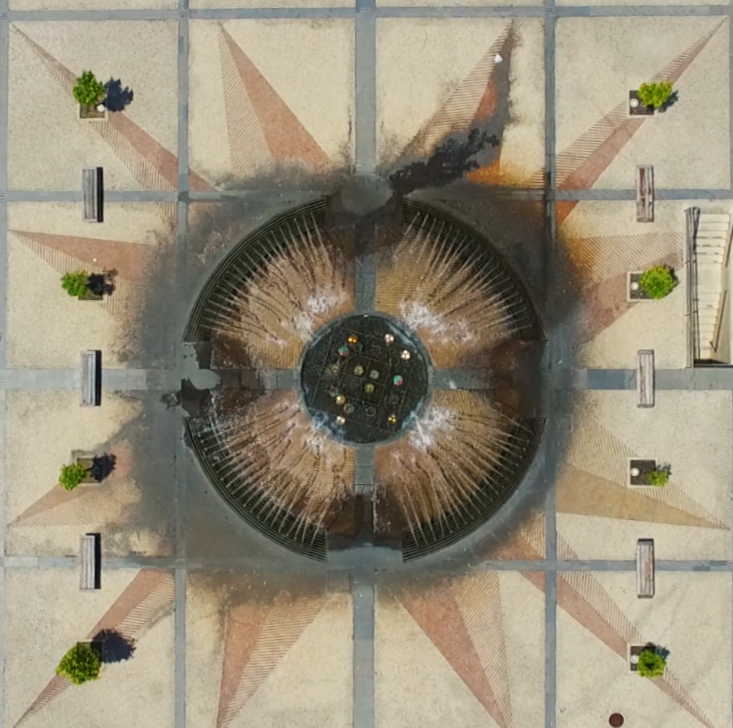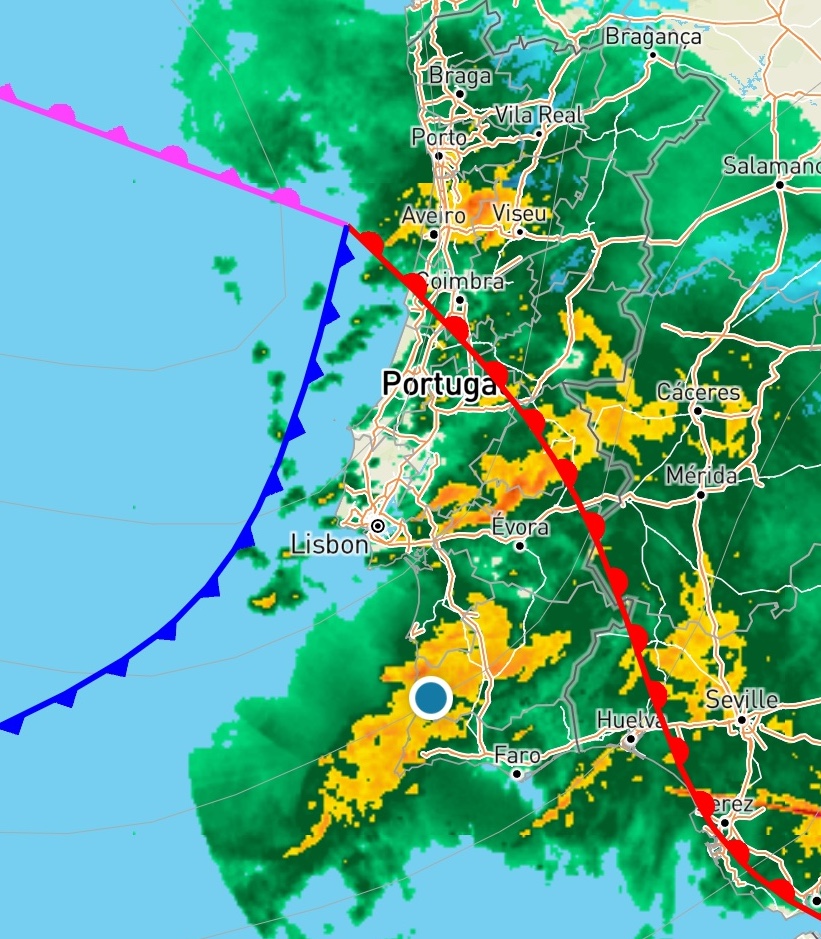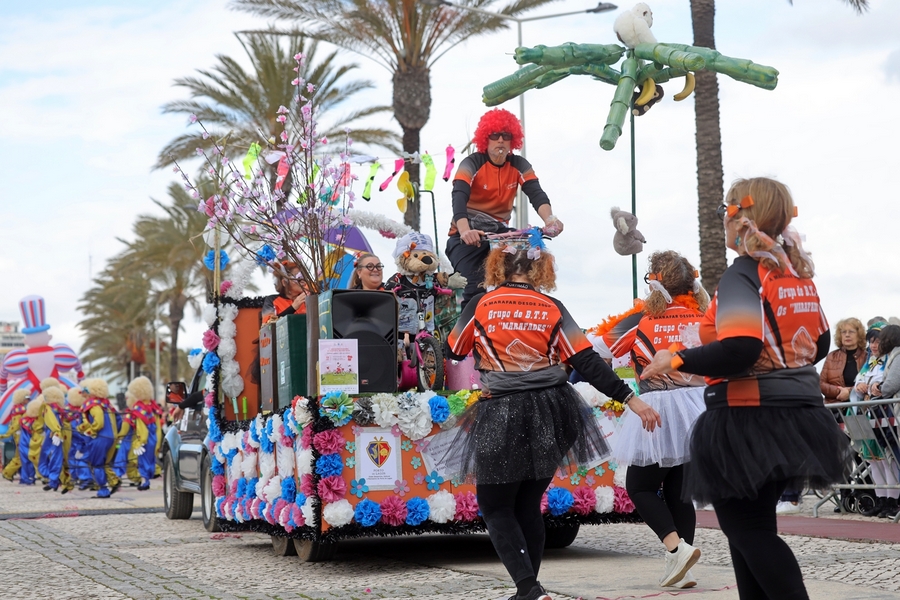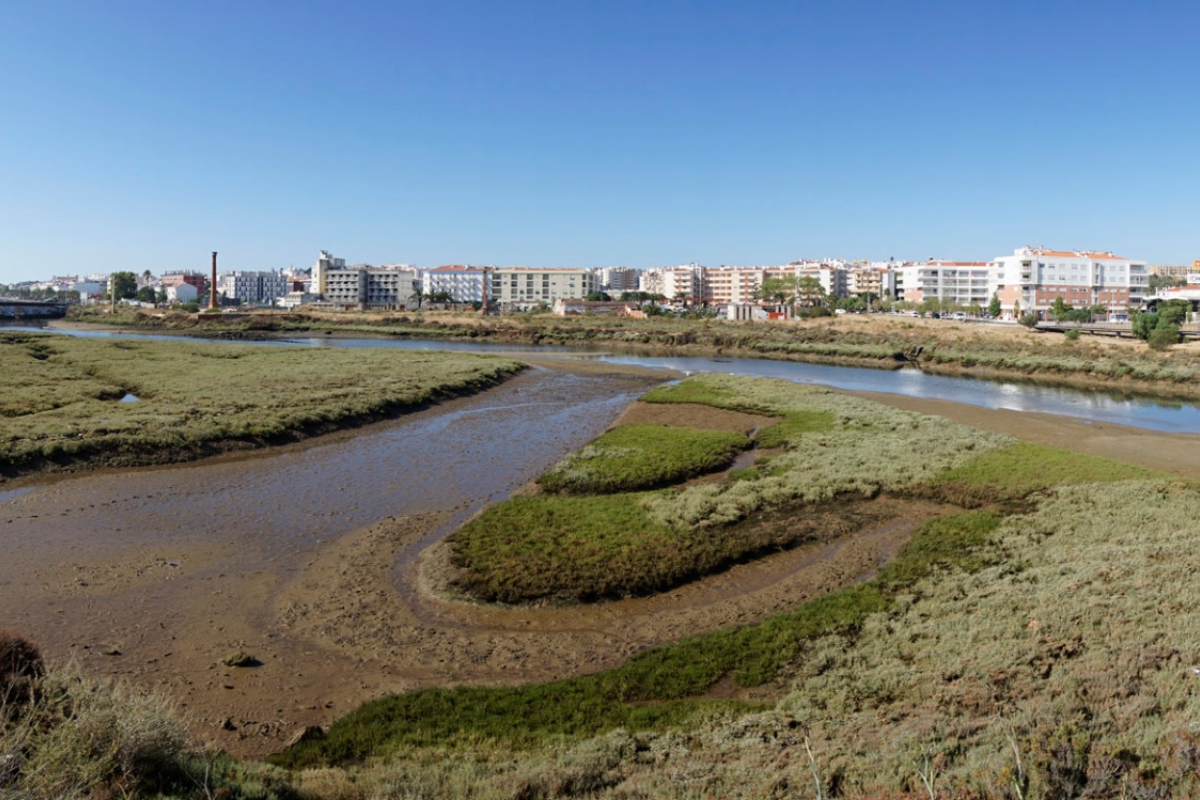A Secret Life of Lagos: When Leisure Was Defined by Class
Delving into the meticulously preserved records of the Lagos archives reveals a fascinating, complex social history that shaped the city during the 20th century. The key players in this narrative were the recreational societies: powerful social associations established primarily in the 19th and 20th centuries, created specifically to foster leisure, culture and vital social interaction among their members.
These societies were incredibly common and often served as gathering points for people united by their profession, their regional origin or, most significantly, their social class. These were not casual meeting places; these institutions often boasted their own dedicated headquarters, complete with essential facilities such as a bar, a games room and, crucially, a dancing room.
A snapshot in 1941
The importance of these associations is underlined by the historical evidence found in Lagos’ Historical Archive (Arquivo Municipal). A specific document, dated 15 January, 1941, provides a compelling snapshot of Lagos life, listing no fewer than nine active recreational societies operating within the municipality at that time. This correspondence, an official letter (Ofício 48 S.P.), was sent by the deputy mayor of Lagos City Council to the mayor of Loulé and confirms their central role in the city’s structure.
The nine societies operating in 1941 were:
- Sociedade Filarmónica Lacobrigense
- Clube Artístico Lacobrigense
- Clube Metalúrgico Lacobrigense
- Sociedade Filarmónica Lacobrigense 1.º de Maio
- Grémio Recreativo Lacobrigense
- Esperança Futebol Club
- Sport Lisboa e Lagos
- Club de Fútbol Marítimo “Os Lacobrigenses”
- Club Recreativo Luzense
The geography of class
For researchers today, perhaps the most revealing aspect of these societies is how they reflect the strict social stratification of the era. Where a person spent their evenings was fundamentally determined by their status within the community.
The wealthy and powerful were exclusive in their choice, congregating at the Sociedade Filarmónica Lacobrigense. This society was so well known for its elite membership that it earned the evocative nicknames: the “Sociedade dos Ricos” or “Clube dos Ricos” (The Society/Club of the Rich). (It is important to note that this was distinct from the Sociedade Filarmónica Lacobrigense 1.º de Maio, which is still thriving today.)
A secondary tier, comprising small industrialists, merchants, landowners and high-ranking officials, found their social home at the Grémio Recreativo Lacobrigense.
Meanwhile, the city’s substantial working class – a category encompassing skilled workers, fishermen, shop workers, farmers, seamstresses and domestic workers – were distributed among the other collectives. These included Sport Lisboa e Lagos, Marítimo, Esperança, the Clube Metalúrgico, and the Clube Artístico Lacobrigense. The latter was particularly well-known locally by the affectionate moniker “Os Artistas”.
A living legacy
While many of these vibrant historical hubs have closed their doors, two remarkable institutions still stand active today, providing a tangible link to Lagos’s fascinating social history, and they are certainly well worth a visit.
The venerable Club Artístico Lacobrigense, first founded in 1872, continues its work at 8 Gen. Alberto da Silveira Street. Likewise, the dedicated Sociedade Filarmónica Lacobrigense 1.º de Maio, which dates back to 1931, still operates from Praça d’Armas, 27.
Readers interested in exploring this history further can visit the Sociedade’s website: www.filarmonicalagos.pt
Image:
AMLGS – Ofício 48 S.P. (Correspondence series dispatched, vol. 1.º 1941 semester) sent by the deputy mayor of Lagos City Council to the mayor of Loulé, informing him about the recreational societies existing in the municipality, in response to official letter 34 of 7, 1941.
Cota: Lagos Municipal Archive. AMLGS-APC-AH-E127/P5/997
Bibliography:
Demosthenes Mesquita – Memórias de uma sociedade distante In Correio de Lagos (29/7/2020) – correiodelagos.com/opiniao/memorias-de-uma-sociedade-distante
